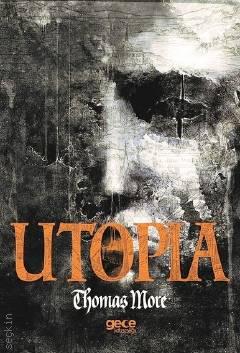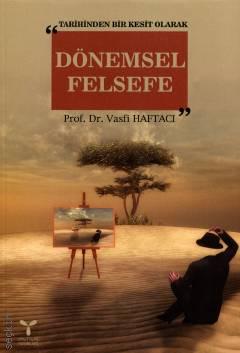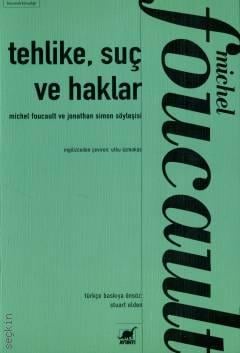
Utopia
1. Baskı,
Şubat 2018
Kitabın Detayları
Dili:
İngilizce
Ebat:
13x19
Sayfa Sayısı:
123
Baskısı tükenmiştir.
Kitabın Açıklaması
More's "Utopia" was written in Latin, and is in two parts, of which the second, describing the place ([Greek text]—or Nusquama, as he called it sometimes in his letters—"Nowhere"), was probably written towards the close of 1515; the first part, introductory, early in 1516. The book was first printed at Louvain, late in 1516, under the editorship of Erasmus, Peter Giles, and other of More's friends in Flanders. It was then revised by More, and printed by Frobenius at Basle in November, 1518. It was reprinted at Paris and Vienna, but was not printed in England during More's lifetime. Its first publication in this country was in the English translation, made in Edward's VI.'s reign (1551) by Ralph Robinson. It was translated with more literary skill by Gilbert Burnet, in 1684, soon after he had conducted the defence of his friend Lord William Russell, attended his execution, vindicated his memory, and been spitefully deprived by James II. of his lectureship at St. Clement's. Burnet was drawn to the translation of "Utopia" by the same sense of unreason in high places that caused More to write the book. Burnet's is the translation given in this volume.
Designedly fantastic in suggestion of details, "Utopia" is the work of a scholar who had read Plato's "Republic," and had his fancy quickened after reading Plutarch's account of Spartan life under Lycurgus. Beneath the veil of an ideal communism, into which there has been worked some witty extravagance, there lies a noble English argument. Sometimes More puts the case as of France when he means England. Sometimes there is ironical praise of the good faith of Christian kings, saving the book from censure as a political attack on the policy of Henry VIII. Erasmus wrote to a friend in 1517 that he should send for More's "Utopia," if he had not read it, and "wished to see the true source of all political evils." And to More Erasmus wrote of his book, "A burgomaster of Antwerp is so pleased with it that he knows it all by heart."
Kitapla İlgili Kategoriler
Hakkımızda
|
Uluslararası Yayınevi Belgesi|
Kaynakça Dosyası|
Kişisel Verilerin Korunması |
Üyelik|
Siparişlerim|
İade Politikası|
İletişim


